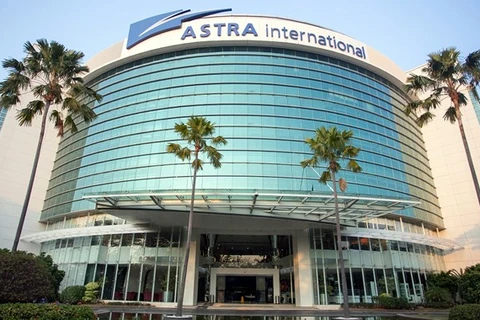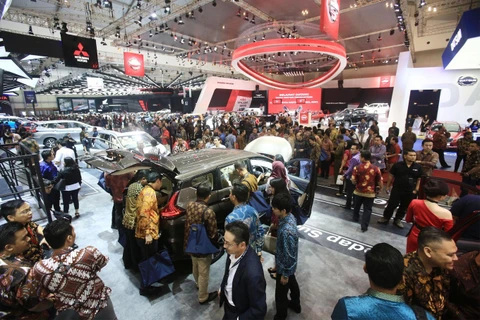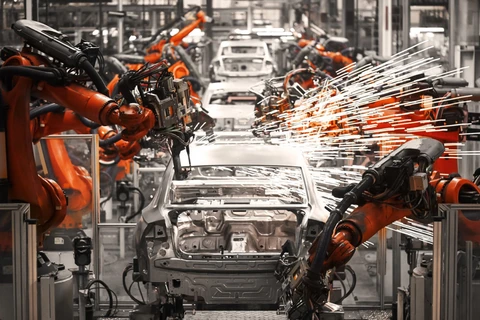Kuala Lumpur (VNA) - The closures of factories and sales outlets during the Movement Control Order (MCO) will result in an estimated 28 percent drop in new vehicles sales this year.
In making the forecast, Malaysia Automotive, Robotics and IoT Institute (MARii) said 2020 was no longer a year of profit for the automotive sector, but rather a year of survival, the New Straits Times reported.
"In order to sustain the industry for the year ending 2020, MARii estimates that a TIV of at least 500,000 units is needed, in order to ensure that automotive businesses do not fall into crisis," MARii chief executive officer Datuk Madani Sahari said in a statement on June 3.
"While it is understandable that consumer sentiment remains cautious due to the current economic challenges, we must also understand that the economy's sustainability is dependent on consumer spending," Madani added.
Last year, a total of 604,287 new vehicles were sold, an increase of 5,689 units, or about one percent over the 598,598 units recorded in 2018.
According to a study conducted by MARii, temporary measures had shown an increase in vehicle purchases in the past.
The previous measures such as tax holiday had pushed vehicle sales by 3.8 percent year-on-year.
Madani said innovative incentives can be introduced to lower buyers' commitment to own a car.
This could include a temporary waiver on down payments (100 percent loan on vehicle), reduced loan interest rates and joint subsidies between carmakers and the government for road tax and insurance for a limited time period.
He said a combination of the incentives would remove the burden to buy a car.
At the same time, this will not affect purchasing power as there will be a negligible difference between the monthly repayment amount for car buyers, at any level or segment.
The study said other innovative mechanisms can also be introduced, such as "subscription-style ownership" – in which a car is leased based on certain conditions from the carmaker for a period of time before ownership is transferred to the buyer.
For owners of very old vehicles, voluntary scrap incentives by the carmaker can also be made an option, where the main benefit is a newer, safer vehicle with the latest technology for the new car owner.
"MARii believes that it is important to stimulate demand through the introduction of incentives to reduce consumer anxiety and address their concerns in purchasing vehicles, especially when they need to purchase new vehicles to continue on with their daily routines," it said.
There are currently 27 original equipment manufacturers (OEMs) operating in Malaysia, with 641 parts and components suppliers depending on continued economic activity along the automotive value chain.
The automotive sector employs around 700,000 people, which make up a significant portion of the manufacturing sector in the country.
According to the Department of Statistics, 30 percent of the manufacturing sector's workforce has been impacted by the COVID-19 economic slowdown, and are receiving half-pay, unpaid leave or have lost their jobs./.
VNA























